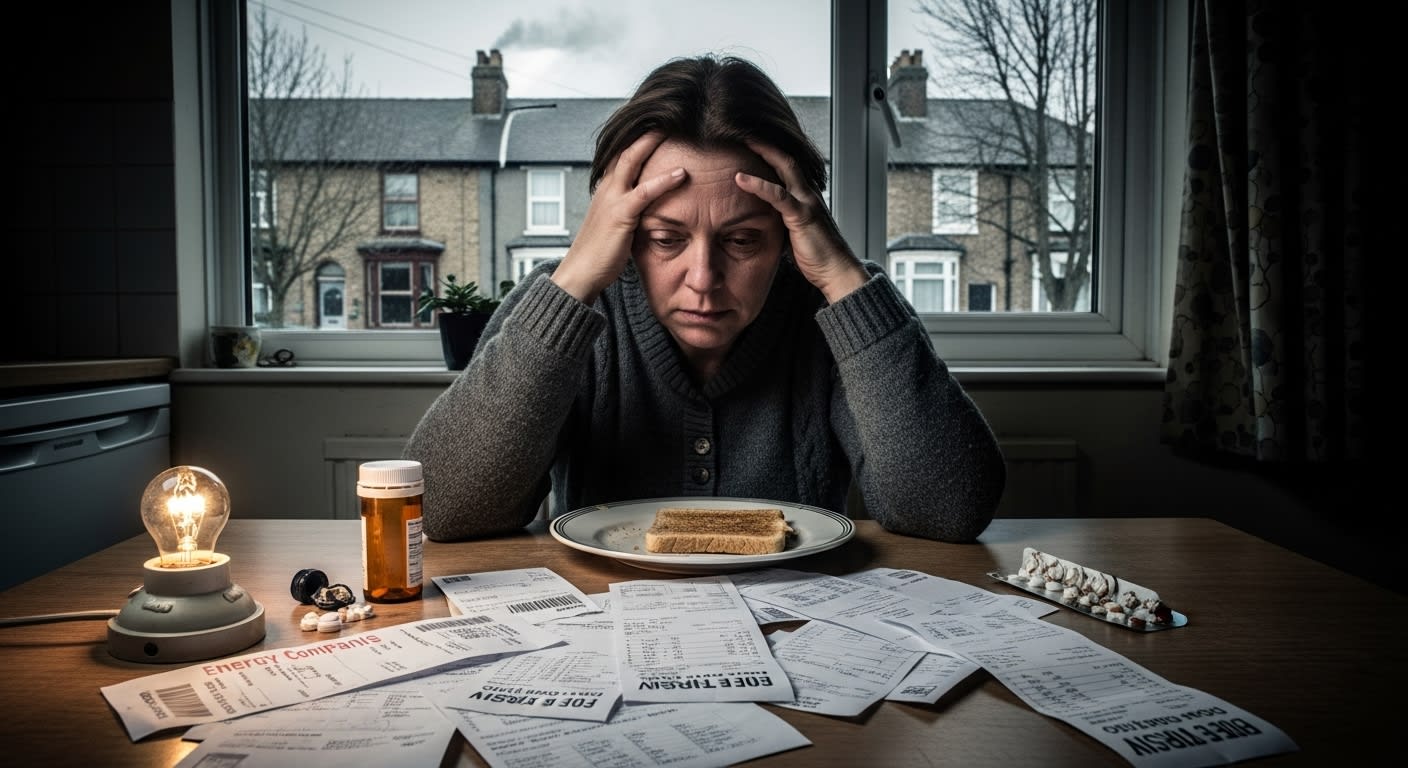
- Call: 01206 913 222
- Mail: transport@qcmhealthcare.co.uk
- Company no:
- 12140857

- MENTAL HEALTH
- Nov 17, 2025
Top 5 Ways to Develop Effective Relapse Prevention Strategies
Creating strong and effective relapse prevention strategies is essential for anyone recovering from emotional, behavioural, or substance-related crises. QCM Healthcare understands that recovery is a journey, and because setbacks can occur, preparation is crucial. When individuals learn how to recognise risks early and build healthy coping systems, they strengthen their resilience and increase their chances of long-term stability. Therefore, developing the right tools at the right time plays a major role in preventing relapse.
Although relapse can feel discouraging, it does not mean failure. Instead, it signals the need for better planning, improved awareness, and stronger support systems. With this in mind, let’s explore the five most effective ways to create relapse prevention strategies that truly work.
Top 5 Ways to Develop Effective Relapse Prevention Strategies
1. Identify Personal Triggers Early
2. Build Strong Emotional Regulation Skills
3. Create a Supportive Recovery Network
4. Develop Healthy Lifestyle Habits
5. Develop a Personalised Relapse Action Plan
1. Identify Personal Triggers Early
Every relapse starts with a trigger. These triggers may include emotional stress, certain people, difficult environments, negative thinking patterns, or even celebrations that involve temptation. However, identifying triggers early gives individuals the power to prepare. Once triggers are understood, they can be managed, avoided, or countered with healthier alternatives. Because awareness encourages control, this first step lays the foundation for the entire strategy.
Triggers vary from person to person. Some people react strongly to loneliness, while others struggle with pressure or conflict. Therefore, recognising both internal and external triggers helps individuals understand what puts them at risk.
2. Build Strong Emotional Regulation Skills
Emotional imbalance is one of the most common paths to relapse. Although stress cannot always be avoided, it can be managed effectively. Developing emotional regulation skills helps individuals reduce impulsive decisions and maintain clear thinking. Techniques such as deep breathing, grounding exercises, journaling, mindfulness, and guided relaxation all strengthen emotional control. Because the mind and body are closely connected, these skills help prevent overwhelming emotions from leading to relapse.
Learning to pause before reacting gives individuals time to think about healthier choices. It also allows them to reach out for support instead of falling into old habits.
RECOMMENDED:
5 Importance of Family Support During Crisis Recovery
10 Steps to Supporting Young Adults with Crisis in the UK
Private vs NHS Crisis Support | Differences, Cost, Advantage and Disadvantage
3. Create a Supportive Recovery Network
Support is a powerful protective factor. Recovery becomes stronger when individuals stay connected to people who understand their goals and challenges. A supportive network may include family members, trusted friends, mentors, or professional care providers. Since accountability increases commitment, having someone to talk to makes it easier to stay focused on recovery goals.
Different people offer different kinds of support. Loved ones may provide encouragement, while professionals offer structured guidance. Community groups may also reduce isolation and build confidence. With a reliable network in place, individuals have more courage to face triggers and setbacks without relapsing.
4. Develop Healthy Lifestyle Habits
A healthy lifestyle plays a powerful role in maintaining sobriety and emotional balance. Habits such as regular exercise, balanced nutrition, good sleep patterns, and staying hydrated all improve physical and mental wellbeing. When the body feels strong, the mind becomes more stable. Because wellness reduces stress and fatigue, it decreases the chances of relapse.
Healthy routines also provide structure. When individuals follow consistent daily habits, they experience fewer moments of uncertainty, boredom, or emotional instability. Moreover, replacing harmful behaviours with positive activities creates long-term improvement.
5. Develop a Personalised Relapse Action Plan
Even with strong coping skills, individuals should still create a clear action plan for high-risk moments. A relapse action plan outlines what to do when warning signs appear. It may include contacting a support person, practising calming strategies, removing oneself from risky environments, or seeking immediate professional guidance. Although the goal is to prevent relapse entirely, preparing for difficult moments reduces panic and increases confidence.
A personalised action plan also gives individuals a step-by-step guide for staying safe. They no longer have to guess what to do when they feel overwhelmed. Since recovery needs vary, QCM Healthcare helps clients design plans that match their triggers, strengths, and goals. With a structured plan in place, individuals can respond quickly and effectively to early warning signs.
Take the First Step Toward Long-Term Recovery
Developing effective relapse prevention strategies requires awareness, preparation, and consistent action. When individuals understand their triggers, regulate their emotions, build strong support systems, maintain healthy lifestyles, and follow clear action plans, they greatly increase their chances of long-term success. Because recovery is a lifelong journey, having the right tools makes each step more manageable.
QCM Healthcare is dedicated to helping individuals stay strong, focused, and supported throughout their recovery journey. If you are ready to strengthen your relapse prevention strategies or need professional assistance, contact QCM Healthcare today and begin the path toward long-term stability and wellbeing.
Frequently Asked Questions on Ways to Develop Effective Relapse Prevention Strategies
1. Why are relapse prevention strategies important?
They help individuals recognise risks, manage emotions, and stay on track with recovery goals. Effective strategies reduce the chances of setbacks and encourage long-term stability.
2. How often should relapse prevention strategies be reviewed?
They should be reviewed regularly because life circumstances change. Updating strategies ensures that they remain relevant and effective.
3. Can relapse prevention strategies work without professional support?
Yes, but professional guidance strengthens success. QCM Healthcare offers structured support, emotional coaching, and personalised tools that help individuals maintain progress.
4. What are the early warning signs of relapse?
Common signs include irritability, withdrawal, cravings, negative thinking, poor sleep, or reconnecting with high-risk environments. Recognising these signs early helps prevent relapse.
5. Is relapse a sign of failure?
No. Relapse is a signal that someone needs additional support, better coping tools, or stronger strategies. It is part of many recovery journeys.



Comments (0)
No approved comments yet.